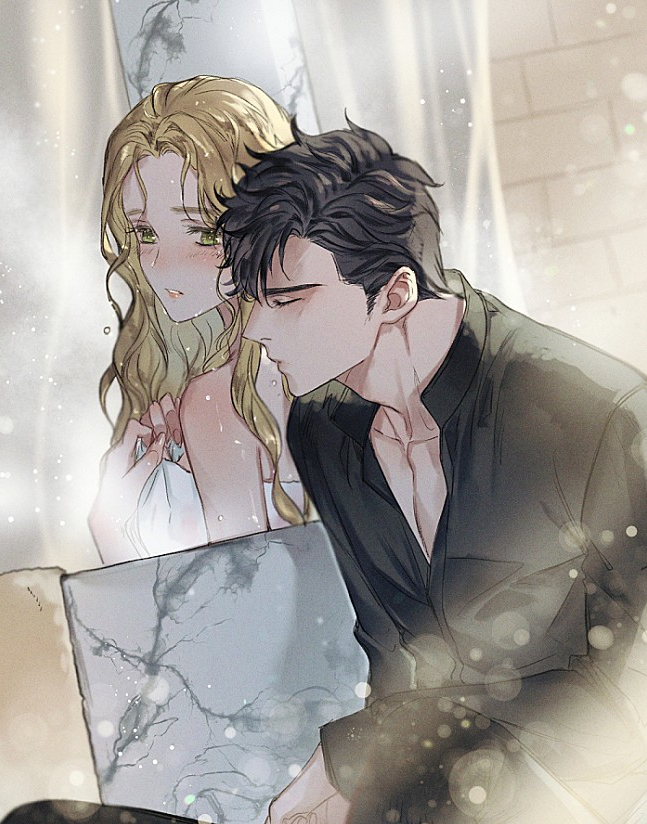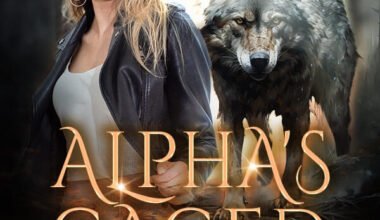In the realm of American literature, Zora Neale Hurston’s masterpiece “Their Eyes Were Watching God” stands as a captivating exploration of identity, love, and self-discovery.
Set against the backdrop of the early 20th century, the novel intricately weaves together the narrative of Janie Crawford, a strong-willed African American woman who embarks on a journey of finding her voice and asserting her independence.
This article provides an insightful synopsis of the book “Their Eyes Were Watching God”.
| Title | Their Eyes Were Watching God |
| Author | Zora Neale Hurston |
| Publisher | HarperCollins |
| Year of Publication | First published January 1, 1937 |
| Language | English |
| File Format | |
| Number of Pages | 238 pages |
| Customer Reviews | 3.98 out of 5 stars. 330,151 Ratings. 19,181 Reviews |
| Best Sellers Rank | #1,999 in Books #36 in Contemporary Literature & Fiction #99 in Classic Literature & Fiction #321 in Literary Fiction (Books) |
You can Also Read: Things We Never Got Over Book Summary by Lucy Score
Their Eyes Were Watching God by Zora Neale Hurston: Novel Summary
As the curtain rises on the novel, we are introduced to Janie Crawford’s story – a tale that meanders through her three marriages and her pursuit of genuine love and autonomy.
The narrative unfolds in a nonlinear fashion, reminiscent of an oral history being shared by a friend, evoking a sense of intimacy between the author and the reader.
Janie’s Youth and Marriage to Logan Killicks
The journey begins with Janie’s grandmother’s well-intentioned but misguided desire for her to have financial security through marriage.
Janie’s first husband, Logan Killicks, represents this security, yet their marriage lacks the emotional connection she craves.
This union serves as a stepping stone for Janie’s realization that there is more to life than mere survival.
The Passionate Affair with Joe Starks
Enter Joe Starks, a charismatic and ambitious man who sweeps Janie off her feet.
They venture together to Eatonville, where Joe becomes the mayor, and Janie finds herself stifled by the expectations of a mayoral wife.
The marriage, though initially promising, turns oppressive as Joe’s domineering nature begins to overshadow Janie’s spirit.
Tea Cake: Love Redefined
Amidst the struggles of her previous marriages, Janie’s path crosses with Tea Cake, a younger and vibrant man who brings genuine love into her life.
Their relationship is based on mutual respect, shared dreams, and an unbreakable bond.
Tea Cake encourages Janie’s growth, allowing her to fully blossom into her authentic self.
The Unveiling of Identity and Empowerment
Tea Cake’s tragic death due to a hurricane serves as a final test of Janie’s resilience.
Through this loss, she learns that her identity is not bound to her relationships, but rather a culmination of her experiences.
The novel’s title, “Their Eyes Were Watching God,” alludes to Janie’s journey of self-discovery, where she realizes the importance of self-love and inner fulfillment.
Themes Interwoven
Their Eyes Were Watching God: The Quest for Identity and Autonomy
“Their Eyes Were Watching God” delves deep into the theme of identity.
Janie’s journey reflects the broader struggle of African American women in a society marked by gender and racial disparities.
Her relentless pursuit of autonomy underscores the importance of self-discovery in the face of societal expectations.
Their Eyes Were Watching God: Love and Relationships
Love, in its myriad forms, is a central theme.
Janie’s three marriages illustrate the complexities of human relationships.
From the stifling union with Logan to the domineering Jody and the liberating love with Tea Cake, Janie’s experiences paint a vivid portrait of the multifaceted nature of love.
Their Eyes Were Watching God: Nature as a Metaphor
Hurston skillfully employs the natural world as a metaphor throughout the novel. The horizon serves as a symbol of Janie’s dreams, the pear tree her aspirations, and the hurricane her tumultuous experiences. Nature becomes a canvas upon which Janie’s emotional journey is painted.
Their Eyes Were Watching God by Zora Neale Hurston: Book Order

The Narrative Style: A Journey Through Language
Vernacular and Authenticity
Hurston’s use of vernacular language authentically captures the cultural nuances and rhythms of Eatonville’s African American community.
This linguistic approach enhances the reader’s immersion into Janie’s world, making her experiences and emotions palpable.
Oral Tradition and Storytelling
The narrative is steeped in oral tradition, reflecting the communal nature of storytelling within African American culture.
The characters’ dialogue and anecdotes provide insights into their beliefs, values, and struggles, inviting readers to engage deeply with the narrative.
Frequently Asked Questions (FAQs)
No.
Certainly, the novel is a work of fiction, but it is set in a historical context that reflects the experiences of African American women during the early 20th century.
To clarify, Hurston’s anthropological studies and her desire to portray the authentic experiences of African American women in the South influenced her creation of this novel.
Above all, the novel is celebrated for its unique narrative style, exploration of identity, and portrayal of African American life.
Additionally, it contributed to a broader recognition of African American literature within the literary canon.
Consequently, Janie’s journey towards self-empowerment and the pursuit of personal dreams remains timeless.
Moreover, it has inspiried individuals to overcome societal expectations and embrace their true selves.
In summary, “Their Eyes Were Watching God” serves as an example of how nothing humans do for love, wealth, or self-worth can oppose God or the laws of nature.
The novel ends with Janie’s realization of who she is and her optimism for the future. Just as she had promised she would, Janie finishes telling Pheoby her tale, after which she retires to her bedroom to mull over Tea Cake’s passing.
Conclusion
In “Their Eyes Were Watching God,” Zora Neale Hurston crafts a profound tale of self-discovery, resilience, and the quest for personal fulfillment.
Through Janie’s journey, readers are invited to ponder the intricacies of identity, love, and the power of individual agency.





